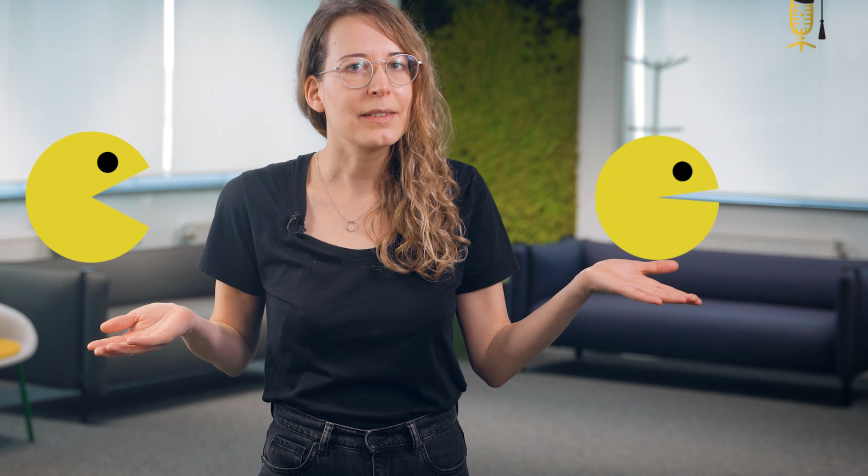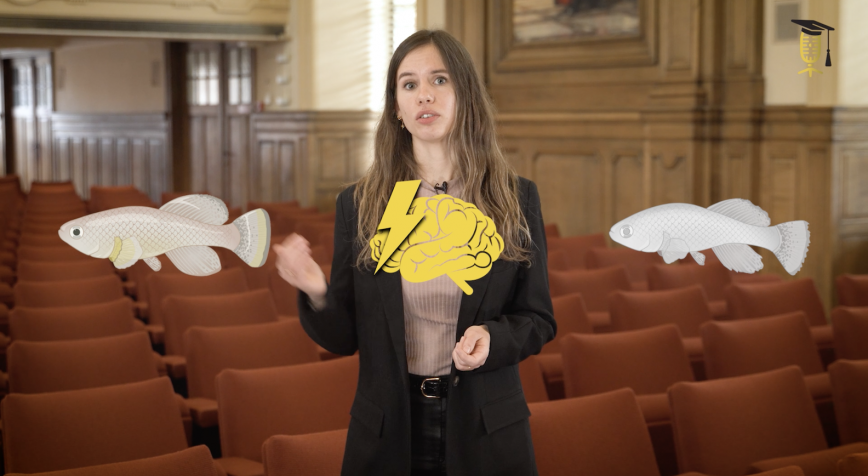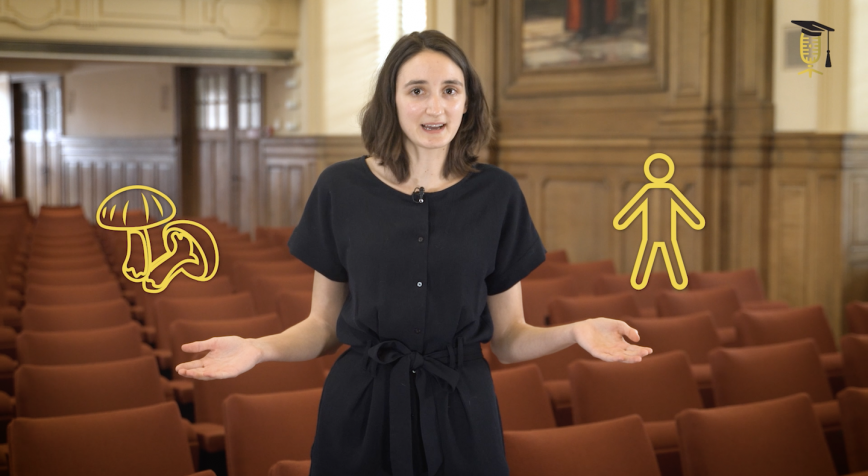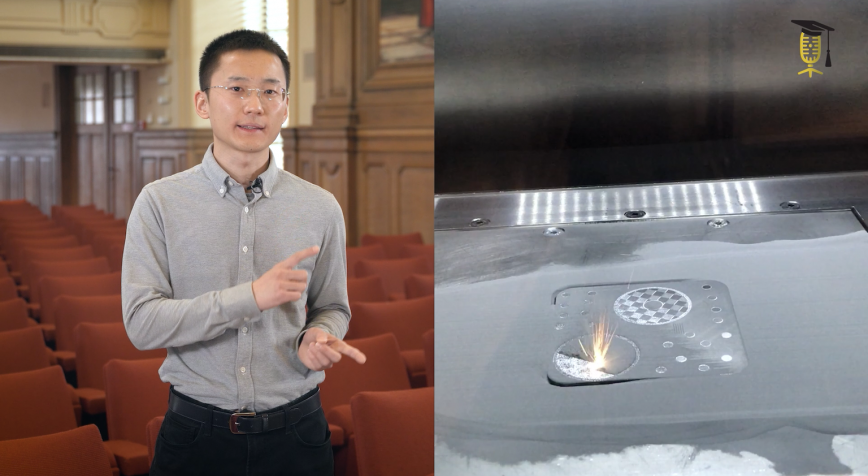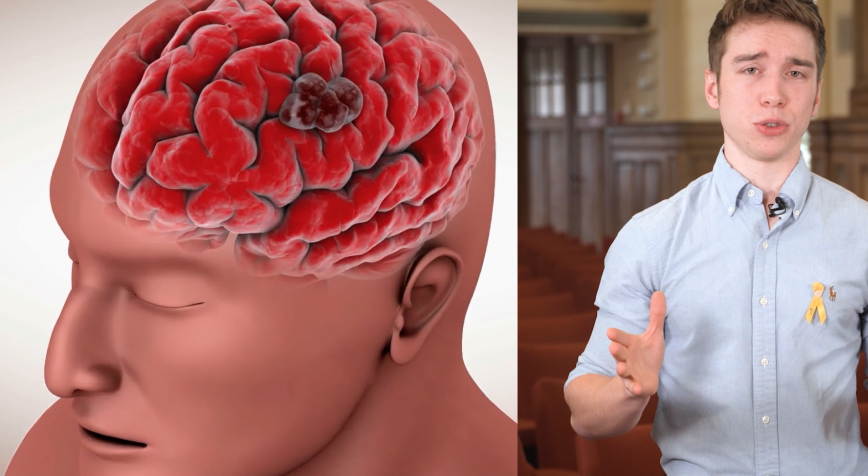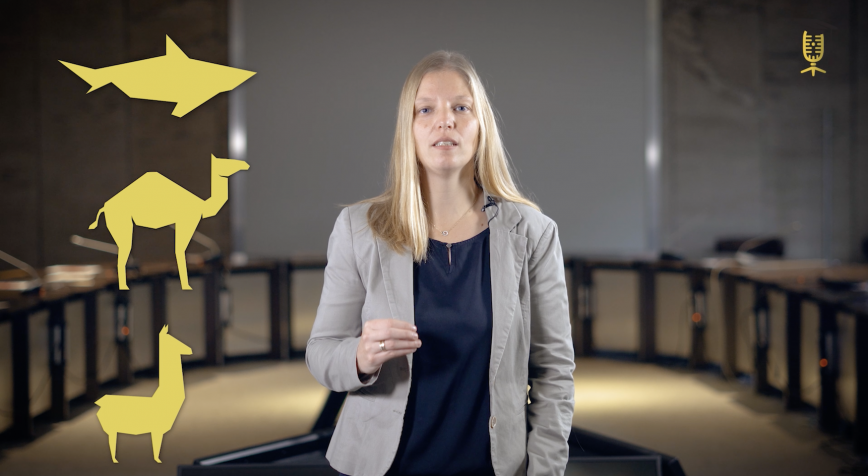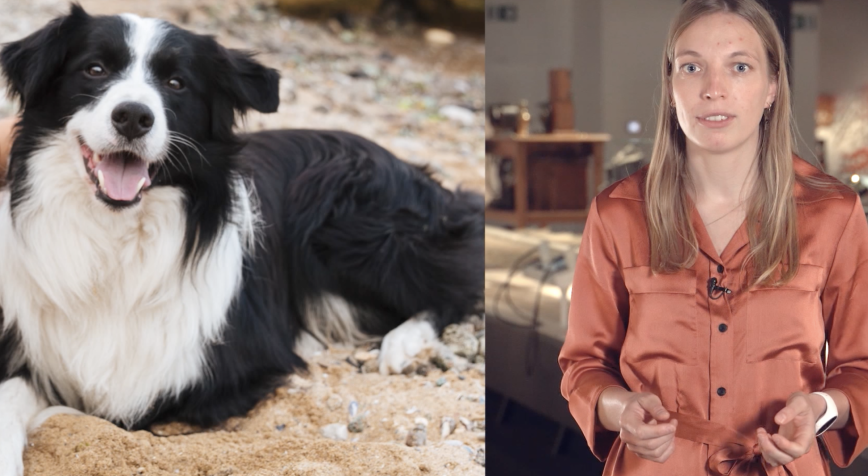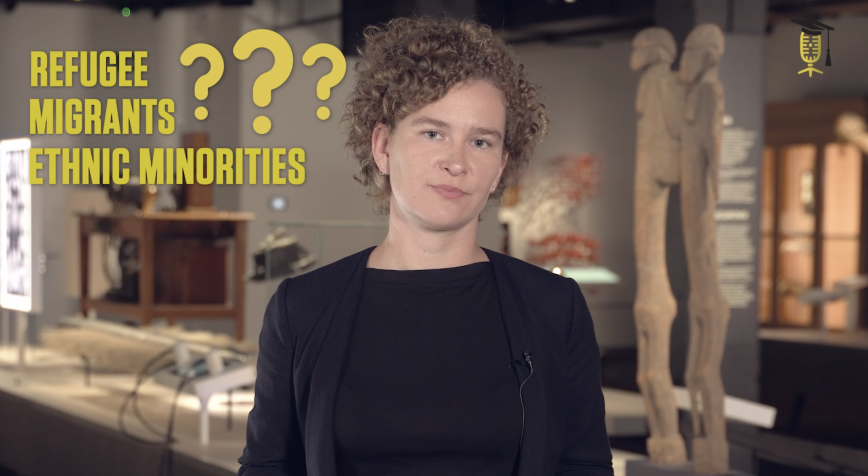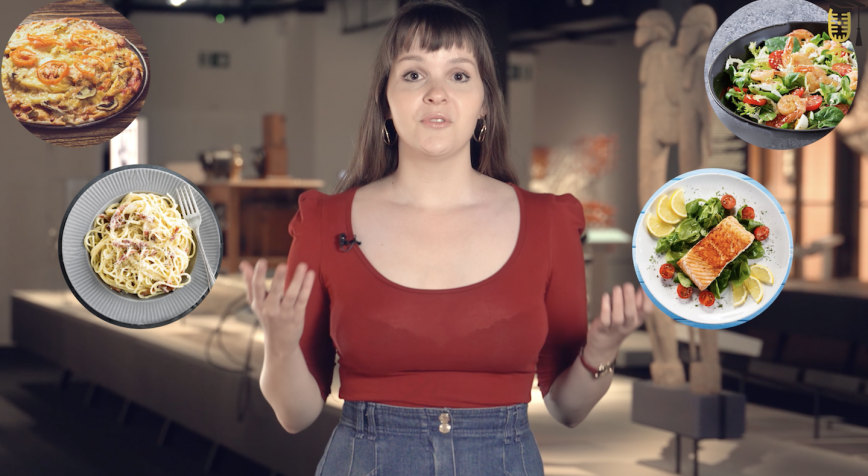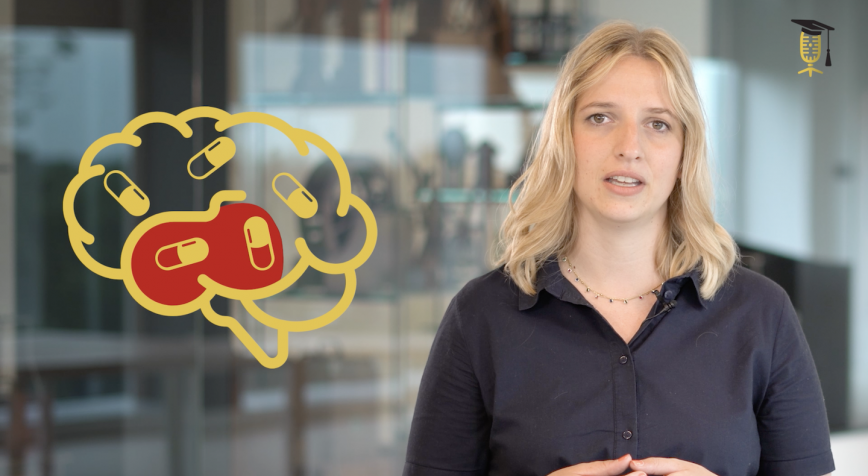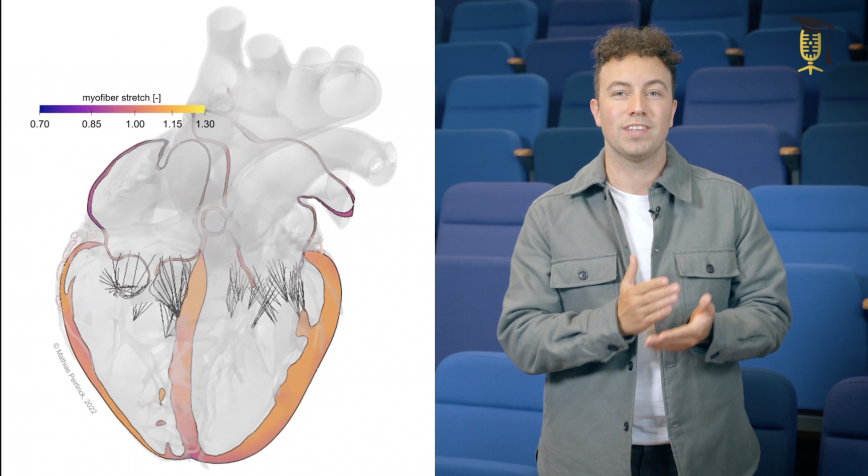
UGent
Understanding the heart better... through digital twins
Heart disease is the leading cause of death worldwide. One out of 4 people dies from it. To improve treatment options for patients suffering from heart disease, mechanical engineer Mathias Peirlinck develops digital twins of patient hearts. Digital what? Watch Mathias (and his digital twin) explain it in this video.

